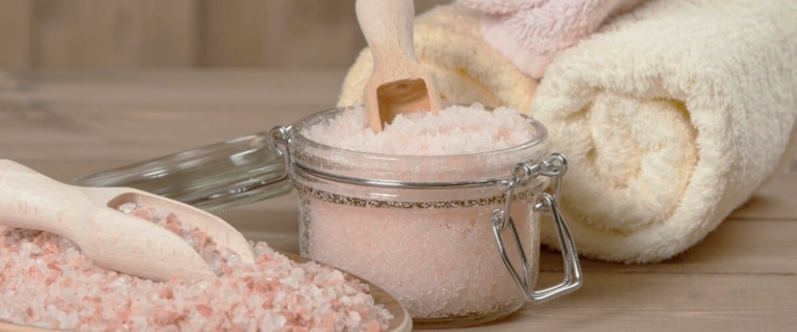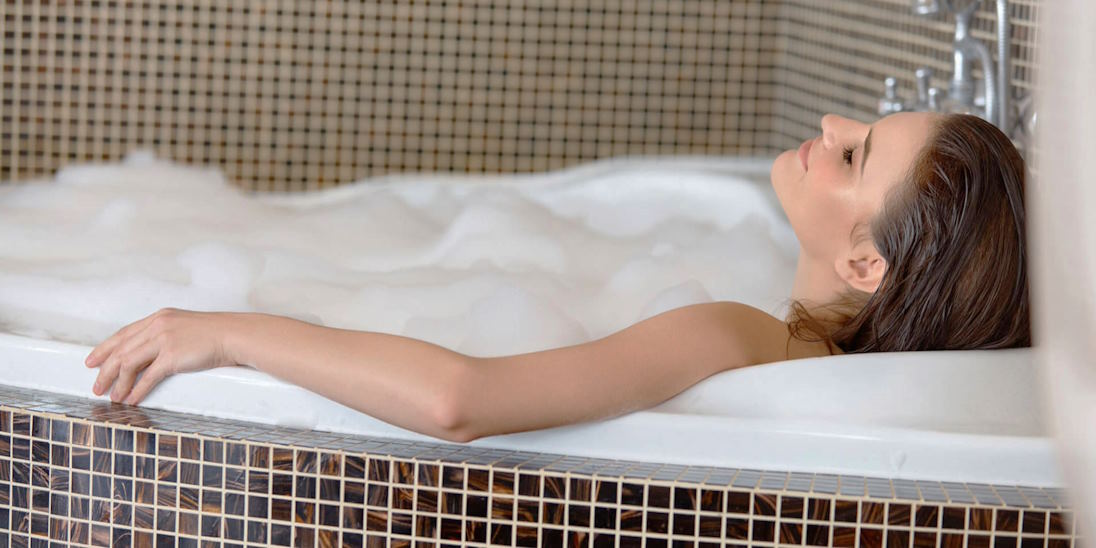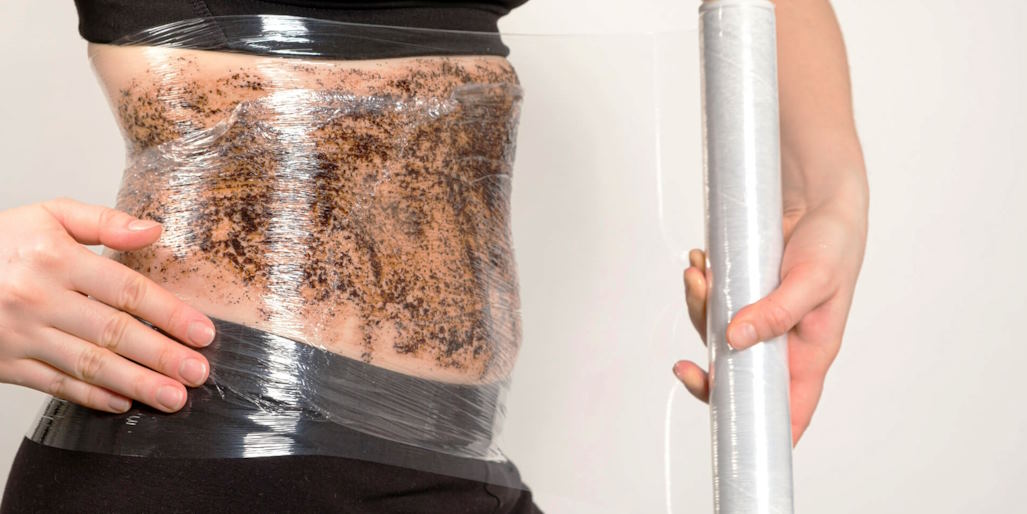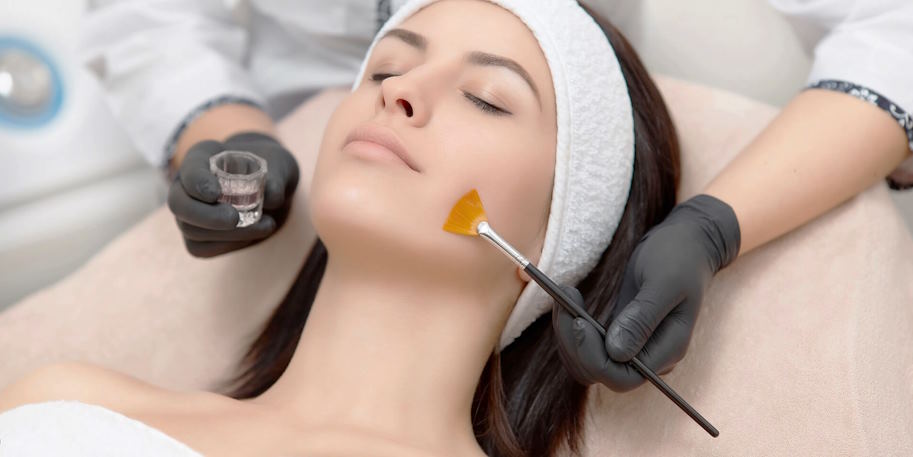One popular way to indulge in self-care and promote overall well-being is to take sea salt baths. Originating from ancient traditions, sea salt baths have been cherished for their numerous health and beauty benefits.
What are the advantages of taking such baths?
Relaxation and Stress Relief
Sea salt baths are known for promoting relaxation and reducing stress levels. The warm water, combined with the soothing properties of sea salt, helps to calm the mind and body, providing a sense of tranquility after a long day.
Muscle Pain Relief
The minerals present in sea salt, such as magnesium and potassium, have natural muscle-relaxing properties. Taking a sea salt bath can help alleviate muscle tension, soreness, and stiffness, making it an ideal remedy for athletes or those with physically demanding lifestyles.
Detoxification
Sea salt baths can aid in the detoxification process by drawing out toxins and impurities from the skin. The salt helps open pores and remove dirt, oil, and other pollutants, leaving the skin feeling refreshed.

Improved Circulation
Soaking in a sea salt bath can help improve blood circulation throughout the body. This increased circulation can promote better nutrient delivery to the skin and muscles, resulting in a healthier complexion and reduced inflammation.
Skin Health
Sea salt is known for its exfoliating and antibacterial properties, making it beneficial for various skin conditions such as acne, eczema, and psoriasis. Regular sea salt baths can help cleanse and purify the skin, reducing inflammation and promoting healing.
Enhanced Hydration
Contrary to popular belief, sea salt baths can actually help hydrate the skin when used in moderation. The minerals in sea salt help to attract moisture to the skin, leaving it feeling soft, smooth, and hydrated.
How often is it recommended to take sea salt baths?
It’s generally recommended to take sea salt baths 2-3 times per week for maximum benefits. However, individuals with sensitive skin may want to start with once a week and gradually increase frequency based on skin tolerance. Overdoing it can lead to dryness or irritation, so listening to your body and adjusting as needed is important.





